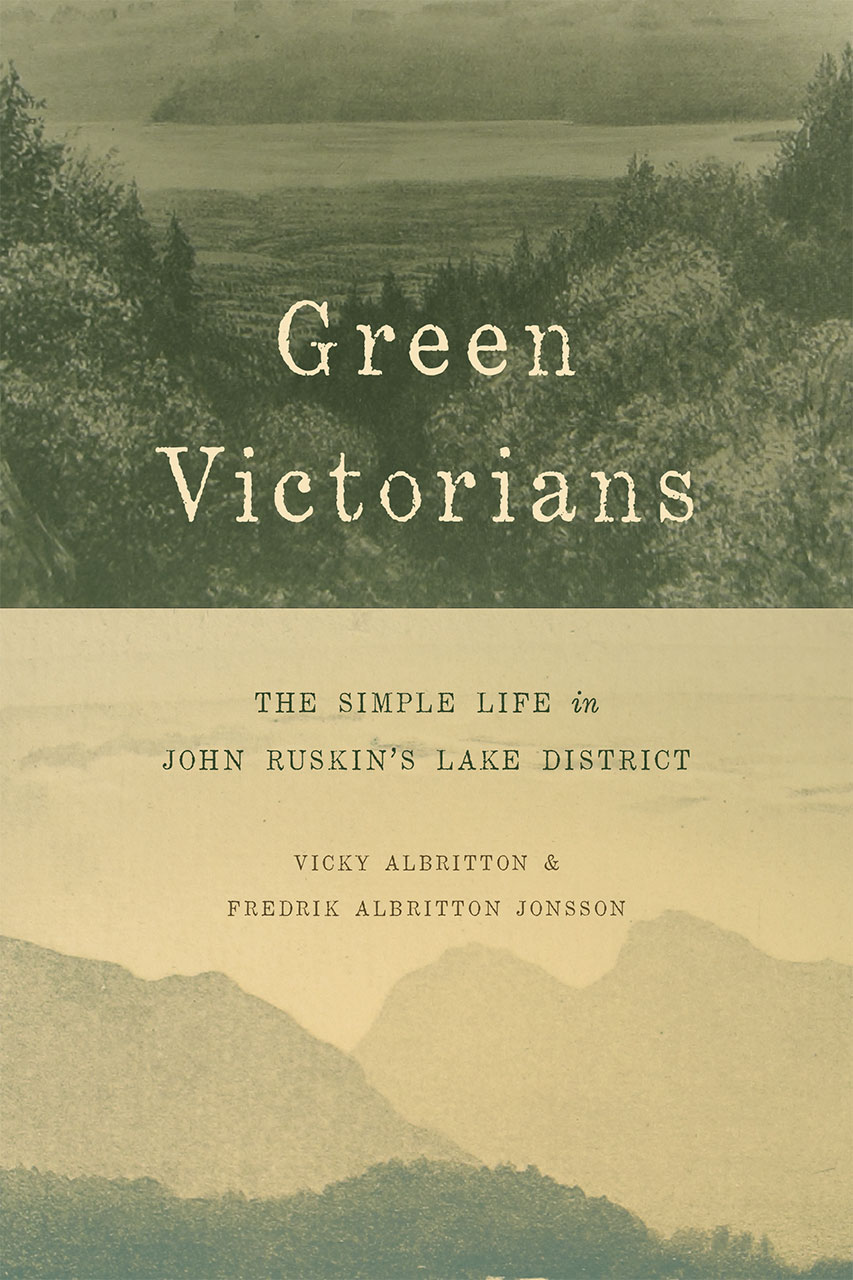POSTPONED: Ruskin Seminar with Fredrik Albritton Jonsson: Ruskin’s Post Carbon Society - Imagining the Future during the Victorian Coal Panic
Thursday 19 March 2020, 4:15pm to 6:00pm
Event Details
Fredrik Albritton Jonsson explores fossil fuels, economic growth, and the relevance of Ruskin’s thinking for understanding the ecological concerns of the late nineteenth century as well as those of our own era.
Fredrik Albritton Jonsson has postponed his Reading Group and Seminar on 19 March due to the current international situation regarding the Covid-19 Coronavirus. We will publicise a new date as soon as possible.
This year, the Ruskin Seminars explore the relevance of Ruskin’s thinking to topics ranging from ecological crisis to evolutionary theory.
A specialist in the history of science and the environmental, Dr Fredrik Albritton Jonsson is deeply interested in the relevance of Ruskin’s thinking for understanding the ecological concerns of the late nineteenth century as well as those of our own era. He recently explored this subject in Green Victorians: The Simple Life in John Ruskin’s Lake District (2016), co-authored with Vicky Albritton, and we’re very pleased to be welcoming him to Lancaster this spring to speak about his current research into Ruskin’s place in the wider debate about fossil fuels in Victorian Britain.
Dr Fredrik Albritton Jonsson is Associate Professor of History, and of Conceptual and Historical Studies in Science, at the University of Chicago. He specializes in British history, with a focus on questions of environmental change, science, and political economy in the period 1700-1900. His current research deals with two closely related themes: What were the historical origins of the fossil fuel economy, and how did this transition give rise to a concept of indefinite growth in political economy? In methodological terms, his research is oriented towards the environmental humanities and the problem of assimilating multi-scalar earth-system science, particularly the concept of the Anthropocene, into historical scholarship.
Professor Albritton Jonsson is the author of Enlightenment’s Frontier: The Scottish Highlands and the Origins of Environmentalism (Yale University Press, 2013) and, with his wife Vicky Albritton, Green Victorians: The Simple Life in John Ruskin’s Lake District (University of Chicago Press, 2016). He is also co-editor of the anthology Scales of Scarcity in the Modern World, 1800-2075, forthcoming with Bloomsbury Press. He has published more than a dozen articles and essays in journals such as the American Historical Review, The Journal of Modern History, William and Mary Quarterly, and History and Theory. He is the Director of the Nicholson Center for British Studies at the University of Chicago and a Member of the Board of Editors for History of Science. He has published essays and reviews for a general audience in Public Books, the Los Angeles Review of Books, and The Guardian.
His research has been funded by fellowships from the Institute of Historical Research in London, the Andrew W. Mellon Foundation, the Huntington Library in Los Angeles, and the American Council for Learned Societies.
Image: Vicky Albritton and Fredrik Albritton Jonsson, Green Victorians: The Simple Life in John Ruskin's Lake District (Chicago: University of Chicago Press, 2016).
Gallery
Contact Details
| Name | Harriet Hill-Payne |
| Telephone number |
+44 1524 594755 |


